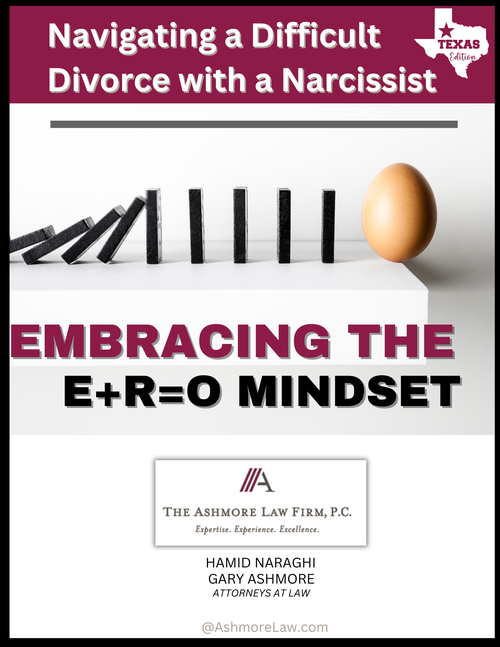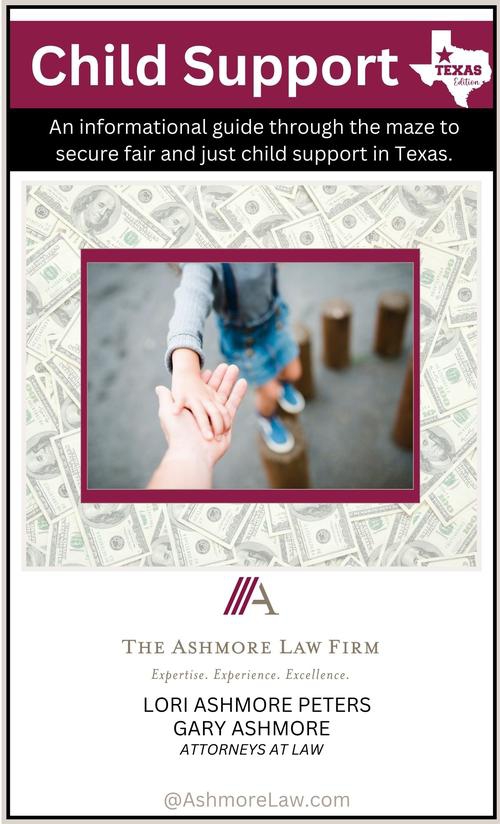
1. A court can order my spouse to pay me alimony in Texas.
-
Not exactly – A Court cannot order alimony. Alimony is actually a tax term, meaning the spouse paying it gets a deduction and the spouse receiving it has to claim it as income.
-
Instead, Texas recognizes spousal maintenance, which you have to be married for 10 years and prove you do not make enough to meet your minimum reasonable needs or that you are a victim of family violence that your spouse committed. Spousal maintenance is not income to the person receiving it or a deduction to the person paying it.
-
However, Parties can always agree through settlement options to pay each other alimony (sometimes there are tax benefits or it can be as part of the property settlement).
2. You can get “full custody” in Texas.
-
There is no such thing as full custody in Texas. Parents are presumed to be “joint managing conservators of the child” and share in the decision making. However, if there are issues of substance abuse, child neglect, or family violence, the Court can appoint one parent as “sole managing conservator” which technically means this person will make the majority of the decisions on behalf of the child.
-
Oftentimes, there will be a “primary” parent, who has the children the majority of the time and then the other parent will often have the 1st, 3rd, and 5th weekends of the month.
3. It is impossible for a father to be awarded primary caregiver of the child.
-
More and more fathers in Texas are being awarded “primary” of their children.
-
Larger counties like Dallas are especially more receptive to this idea.
-
However, the Court will consider whether infants are still breast feeding – in this situation, the mother is almost always awarded primary and the father will have a modified possession schedule for the benefit of the child.
4. There has to be a reason for you to get divorced in Texas.
-
Texas has no-fault grounds as well as fault-based grounds. No fault basically means the marriage isn’t working out and nobody is necessarily responsible.
5. If someone is not paying child support, you can prevent them from seeing the child.
-
False, false, false: Child support is a completely separate issue from possession.
-
If someone is not paying child support, either the attorney general or a private attorney can enforce the prior order and even seek jail time for the party not paying.
-
However, if you withhold possession and access of a child pursuant to a court order, you could also potentially get in trouble with the court.
6. You can legally separate from your spouse without getting divorced.
-
Texas doesn’t recognize legal separation. You are either married or you are divorced.
-
However, if for tax or estate planning reasons, you want to stay married and divide all of your assets and liabilities, both parties can AGREE to a postmarital agreement that stops the accumulation of community property and divides all property.
Do You Need To Speak With An Experienced Divorce Lawyer In The Dallas Area?
If you need to speak to an experienced divorce attorney please contact us online or call our Dallas office directly at 214.559.7202. We help clients throughout the Dallas area with all of their family law needs and look forward to helping you.








